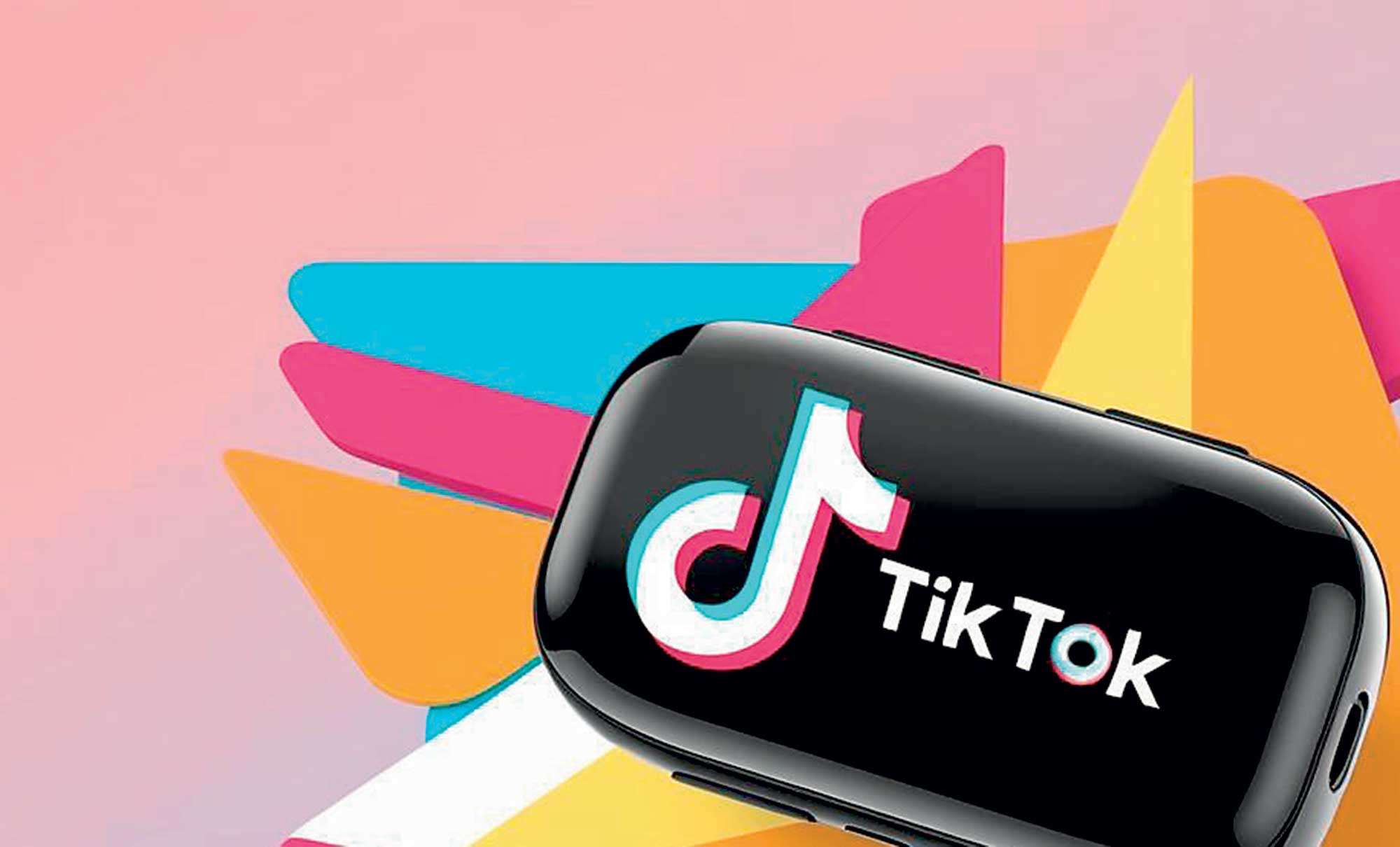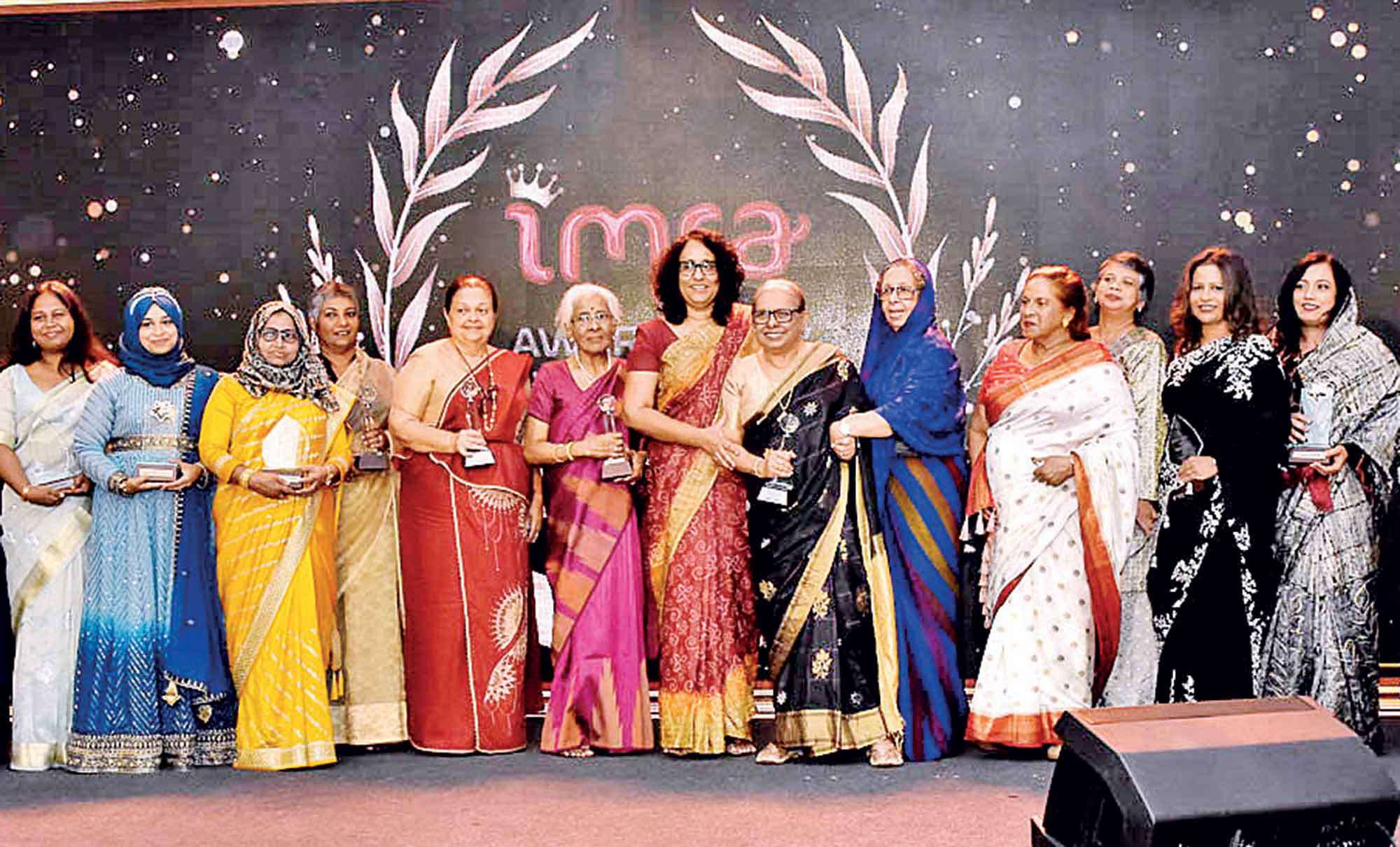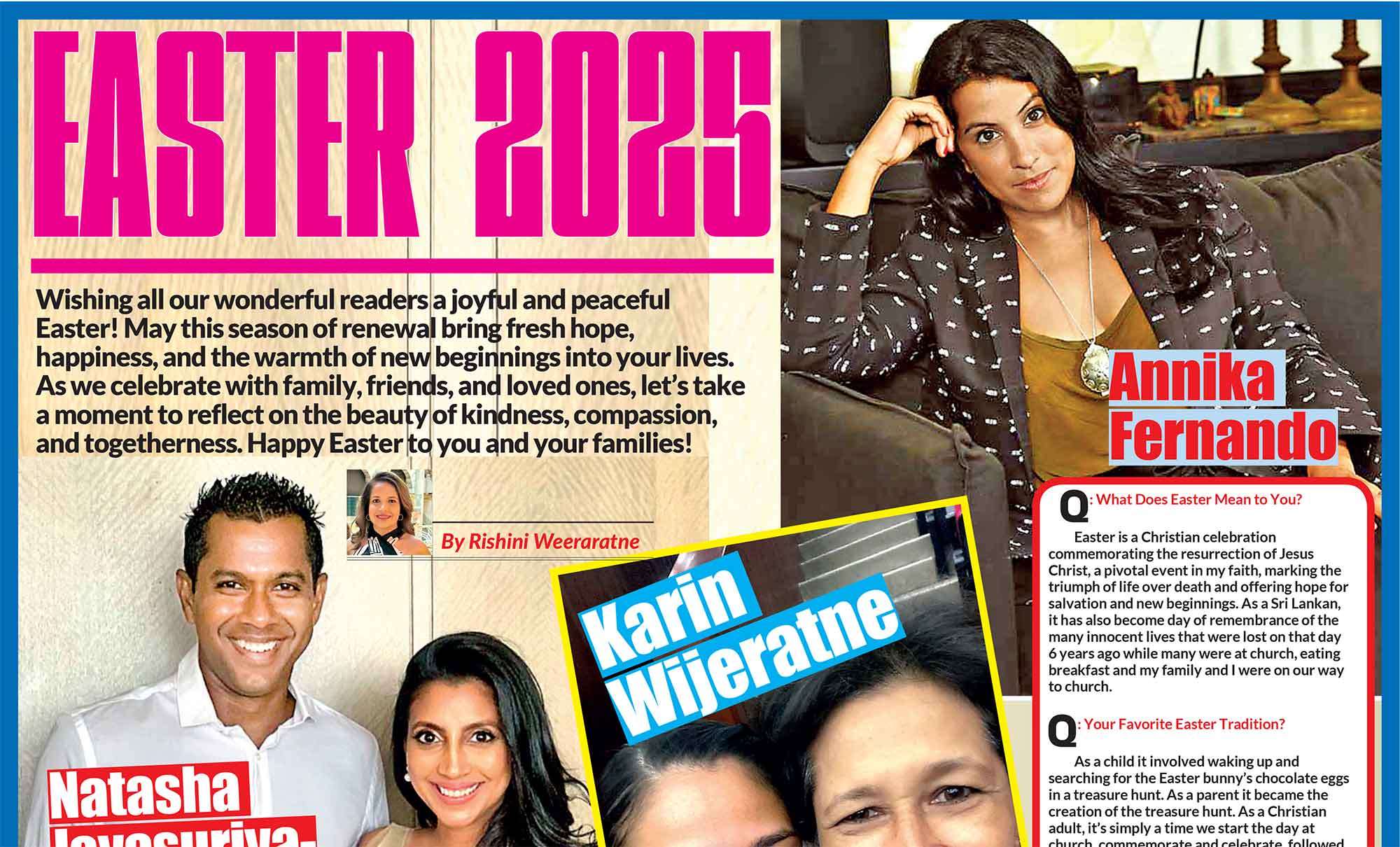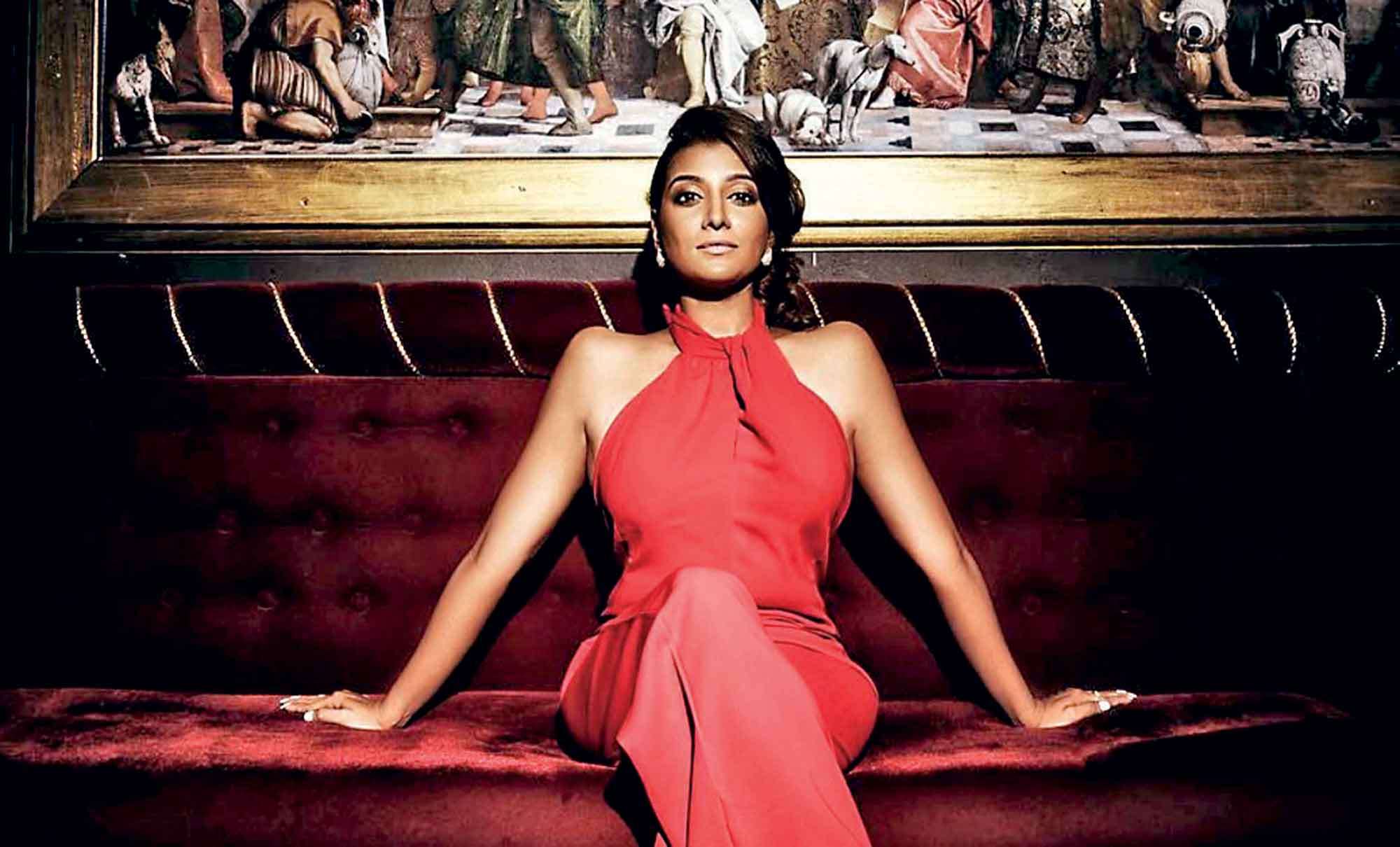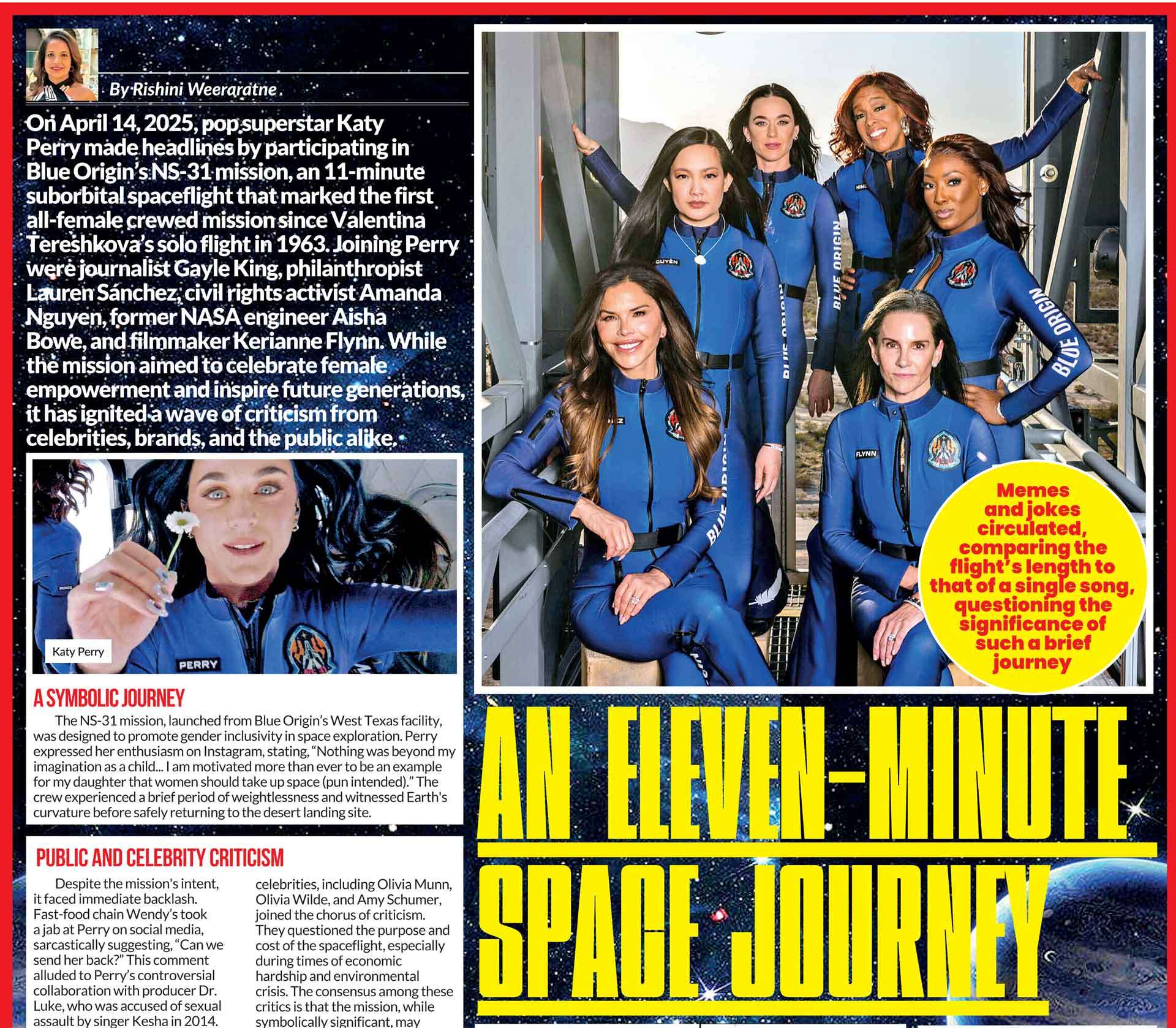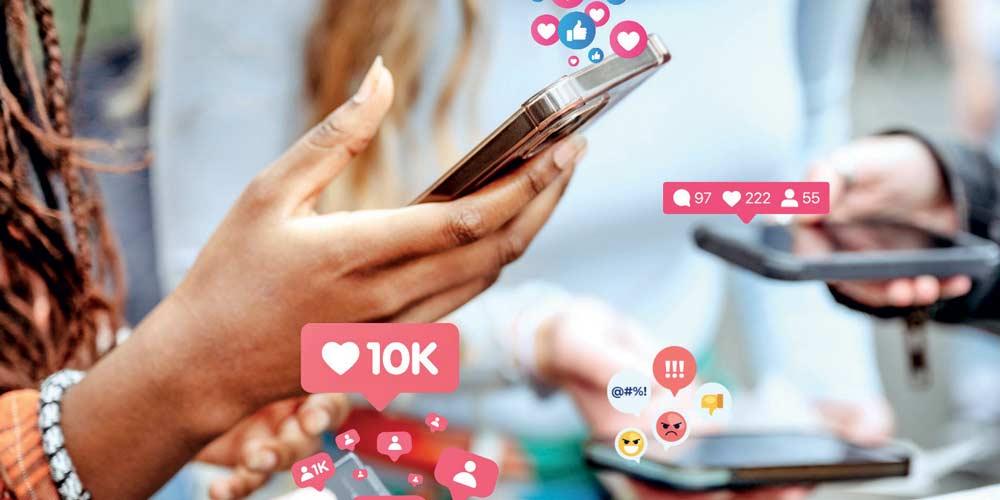
|
In today’s digital world, we are constantly bombarded with nutrition and health advice on social media. From influencers promoting weight loss teas to celebrities endorsing strict diets, the sheer volume of information can be overwhelming. |
What makes matters worse is the contradictory nature of this advice, one day, a particular food is considered a superfood, and the next, it’s labelled as harmful. Most of this information is generalised, failing to consider personal health conditions, lifestyle, or individual needs.
The Problem with Social Media Nutrition Advice
|
|
|
|
One of the biggest issues with online nutrition content is that not everyone is qualified to give advice. While social media has given a platform to many people who genuinely want to share their experiences, it has also allowed for the spread of misleading and oversimplified information. Just because something worked for one person doesn’t mean it will work for everyone.
The mistake many people make is trusting advice based on appearances. While some influencers and celebrities have made positive impacts in raising awareness about healthy lifestyles, it is crucial to remember that their personal experiences do not equate to professional knowledge. With social media being a place where perfection is curated, influencers with large platforms should be promoting body positivity and healthy, evidence-based methods for achieving personal goals.
How to Spot Reliable Nutrition Information Online
Before you take dietary advice from social media, here are five important things to check:
1. Check Their Qualifications
Anyone can call themselves a nutrition expert online, but real professionals have credentials. Look for degrees such as a BSc or MSc in Nutrition, Food Science, Dietetics, or related fields. Memberships in professional organizations, such as the Sri Lanka Medical Council for Clinical Nutritionists (SLMCC) or the Dietitians Association of Sri Lanka (DiASL), also indicate credibility.
2. Are They Sharing Personal Stories or Science?
Social media can be a great place for sharing real-life experiences, especially for those managing conditions like coeliac disease or irritable bowel syndrome (IBS). These communities provide support and help people feel less alone. However, while personal experiences can be valuable, they should not be taken as universal truths. If you have health concerns, always seek advice from a medical professional rather than relying on someone else’s anecdotal evidence.
3. Is It a Sponsored Post?
Sponsored posts are common on social media, with influencers getting paid to promote everything from protein powders to weight loss supplements. The problem is that financial incentives create bias. Many celebrities and influencers endorse dangerous diet products such as appetite suppressants, detox teas, diet pills, and even injectable weight loss medications. These products often come with serious health risks. Always approach sponsored health and nutrition content with scepticism.
4. Is the Information Scientifically Backed?
Popular buzzwords like ‘detox’ and ‘cleanse’ are red flags. If someone is promoting a detox product, it’s a strong indicator that they do not understand human biology. Your liver and kidneys naturally detox your body; no special juice or tea is required. Similarly, ‘superfood’ is a marketing term with no official scientific definition. While certain foods are nutrient-dense, no single food can provide all the nutrients your body needs. A balanced, varied diet is far more beneficial than any trendy superfood hype.
 While certain foods are nutrient-dense, no single food can provide all the nutrients your body needs
While certain foods are nutrient-dense, no single food can provide all the nutrients your body needs
5. Are They Demonising Whole Food Groups?
Many online ‘experts’ advocate cutting out entire food groups, such as carbs or dairy, without explaining how to replace lost nutrients. This can be harmful both physically and mentally. Labelling foods as ‘good’ or ‘bad’ can lead to unhealthy relationships with food, potentially triggering disordered eating habits- the key to good health is a well-balanced diet that includes a variety of nutrients.
The Bottom Line
Social media is a powerful tool for sharing information, but when it comes to nutrition, not all advice is created equal. The next time you come across a diet trend or health claim online, take a step back and evaluate the source. Check qualifications, look for scientific backing, and be wary of personal anecdotes or financial incentives. At the end of the day, your health is personal. What works for one person may not work for another.





